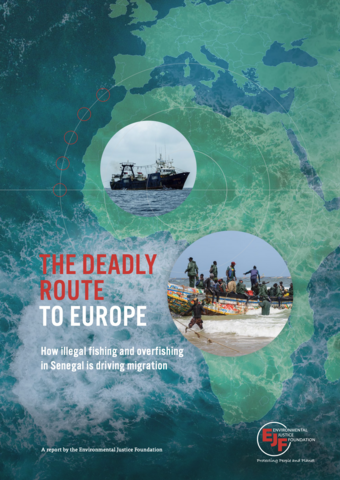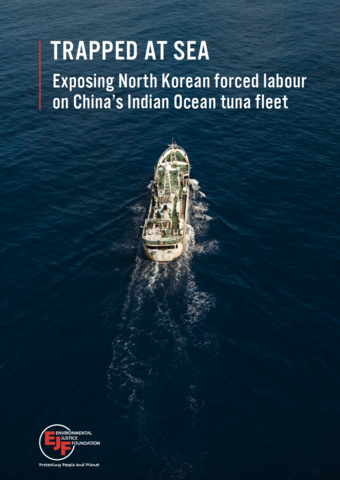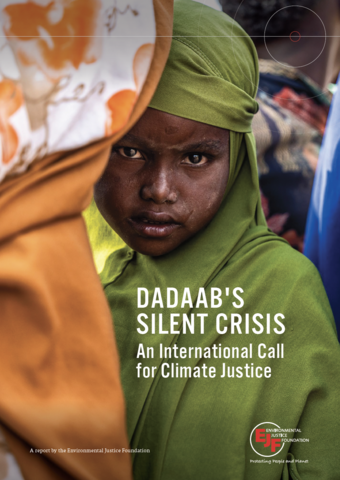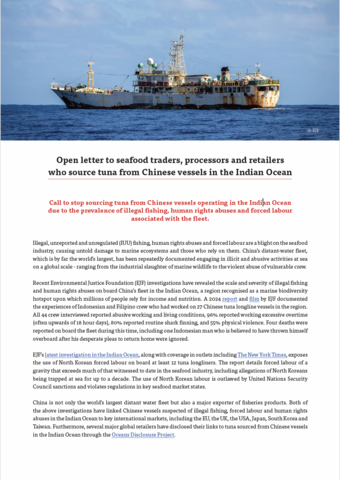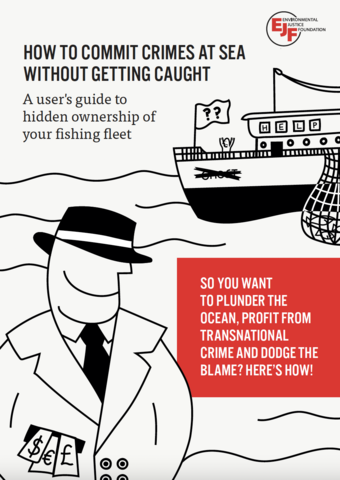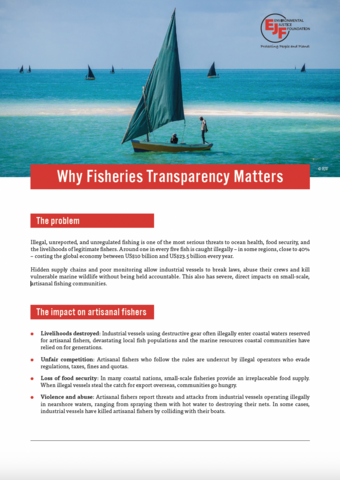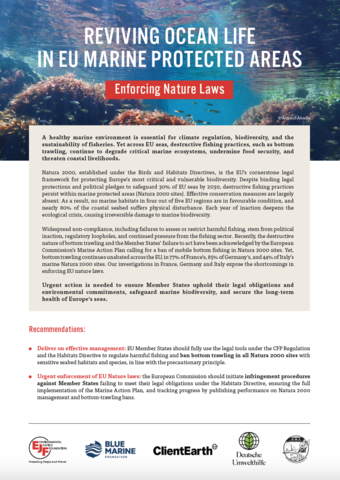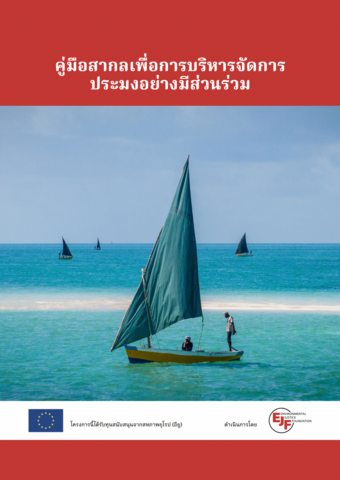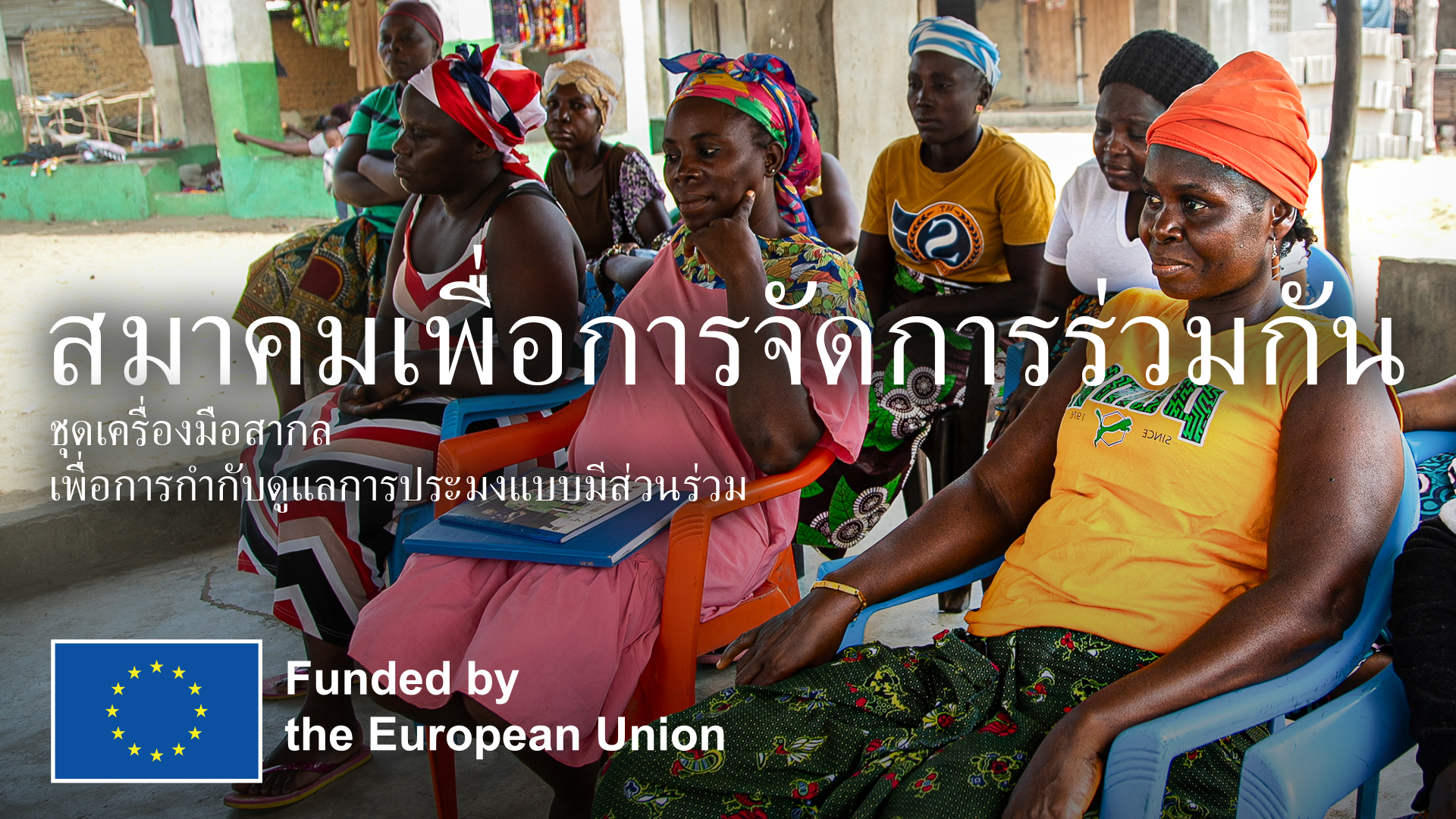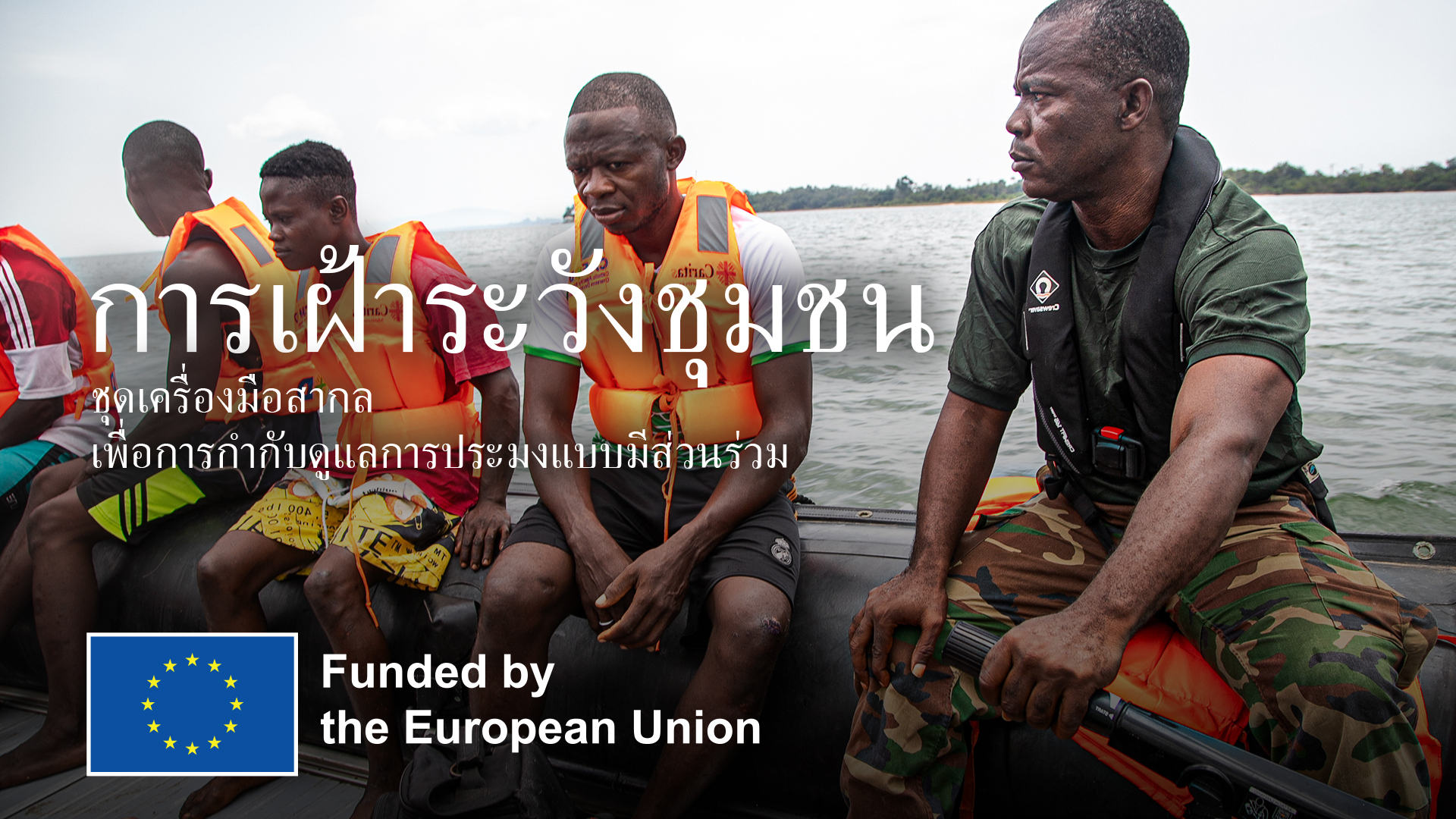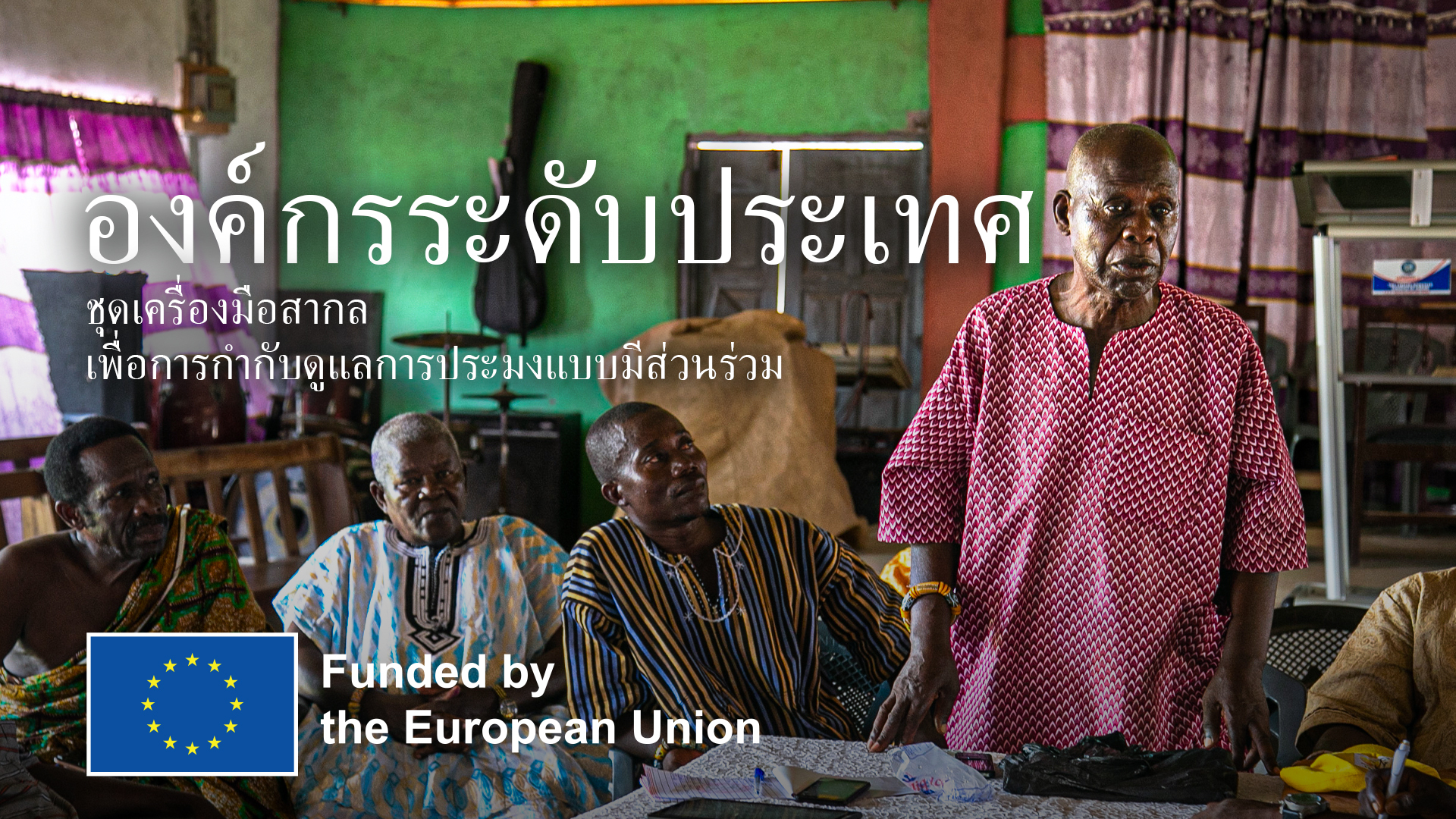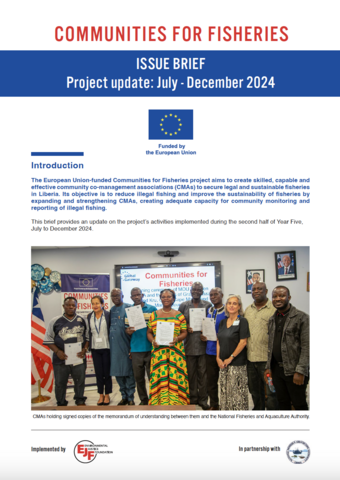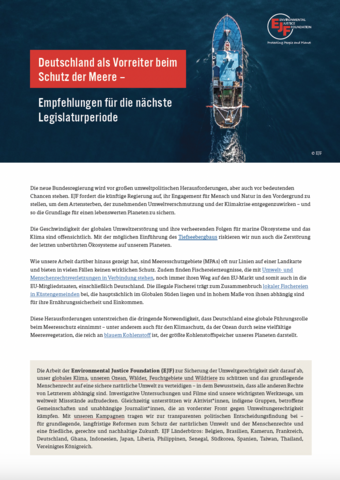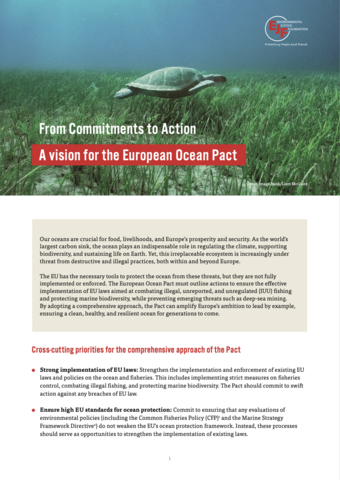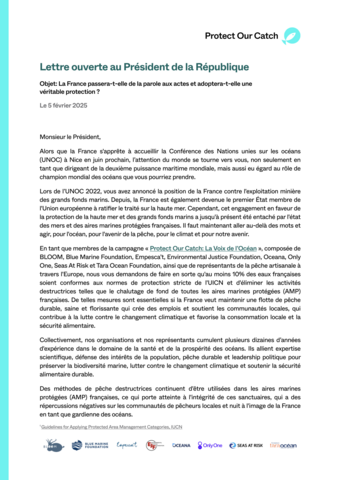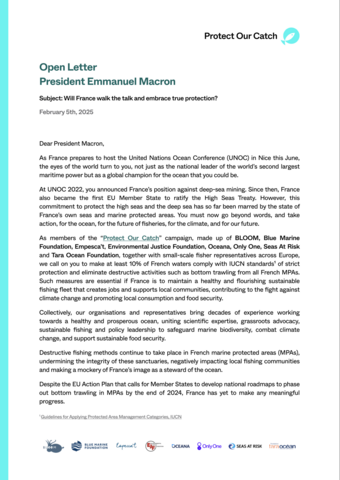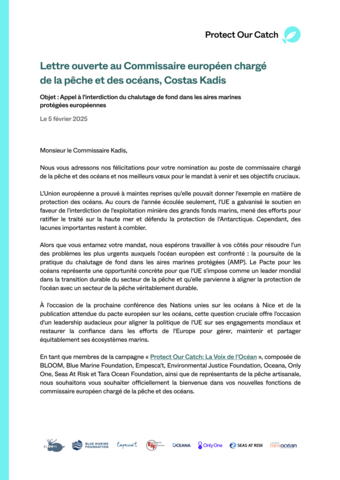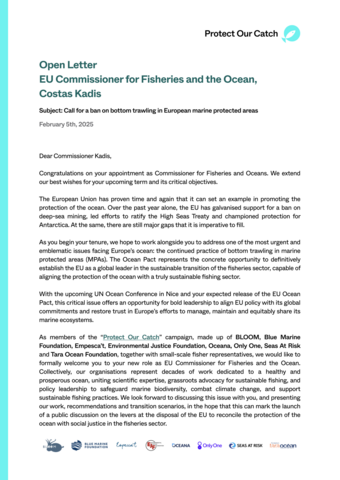The Deadly Route to Europe: How illegal fishing and overfishing in Senegal is driving migration
This report documents the impacts of overfishing and illegal, unreported and unregulated (IUU) fishing in Senegal. It examines how the resulting declines in fish populations are driving increased forced migration to Europe across Earth's most deadly migration route, leading to over 3000 deaths in 2023 alone.
This report documents the impacts of overfishing and illegal, unreported and unregulated (IUU) fishing in Senegal. It examines how the resulting declines in fish populations are driving increased forced migration to Europe across Earth's most deadly migration route, leading to over 3000 deaths in 2023 alone.
Trapped at sea: exposing North Korean forced labour on China’s Indian Ocean tuna fleet
This briefing finds that a fleet of Chinese tuna fishing vessels operating in the Indian Ocean reportedly used North Koreans as crew between 2019 and 2024, likely violating UN sanctions. Many were apparently subjected to abuses, including being trapped at sea for up to a decade, on vessels involved in illegal fishing and the killing of dolphins.
This briefing finds that a fleet of Chinese tuna fishing vessels operating in the Indian Ocean reportedly used North Koreans as crew between 2019 and 2024, likely violating UN sanctions. Many were apparently subjected to abuses, including being trapped at sea for up to a decade, on vessels involved in illegal fishing and the killing of dolphins.
Dadaab's silent crisis: an international call for climate justice
This report tells the stories of those on the frontlines of the climate crisis in Dadaab refugee camp, Kenya. These stories highlight the devastating impacts of the drought in the Horn of Africa and the link between global heating and forced displacement.
This report tells the stories of those on the frontlines of the climate crisis in Dadaab refugee camp, Kenya. These stories highlight the devastating impacts of the drought in the Horn of Africa and the link between global heating and forced displacement.
Reviving ocean life in EU marine protected areas: Across EU seas, destructive fishing practices, such as bottom trawling, continue to degrade critical marine ecosystems, undermine food security, and threaten coastal livelihoods. Urgent action is needed to ensure Member States uphold their legal obligations and environmental commitments, safeguard marine biodiversity, and secure the long-term health of Europe’s seas.
เครื่องมือที่ใช้ในระดับนานาชาติ เพื่อสร้างการบริหารจัดการแบบมีส่วนร่วม: คู่มือฉบับนี้จัดทำขึ้นโดยมูลนิธิความยุติธรรมเชิงสิ่งแวดล้อม (Environmental Justice Foundation: EJF) โดยได้รับทุนสนับสนุนจาก สหภาพยุโรป (EU) ทำหน้าที่ให้แนวทางความรู้เฉพาะด้านสำหรับผู้ปฏิบัติงานที่ทำงานร่วมกับชุมชนประมงรายย่อย โดยมีเป้าหมายเพื่อเสริมสร้างศักยภาพของคนกลุ่มนี้ในการต่อสู้กับการทำประมง ผิดกฎหมาย ขาดการรายงาน และไร้การควบคุม (IUU) รวมถึงทำงานเพื่อสร้างการประมงที่ยั่งยืน ถูกกฎหมาย และมีจริยธรรม
Communities for Fisheries issue brief: July to December 2024 project update: The European Union-funded Communities for Fisheries project aims to create skilled, capable and effective community co-management associations (CMAs) to secure legal and sustainable fisheries in Liberia. This brief summarises the project’s activities during the second half of Year Five, July to December 2024.
Deutschland als Vorreiter beim Schutz der Meere – Empfehlungen für die nächste Legislaturperiode: Um unsere Zukunft zu sichern, müssen wir dafür sorgen, dass sich unsere Meere erholen und weiter gedeihen können. Dieses Kurzbriefing zeigt auf, wie die neue Bundesregierung in wichtigen Bereichen handeln kann, um unsere Meere und die Menschen, die von ihnen abhängig sind, zu schützen.
From Commitments to Action: A vision for the European Ocean Pact: The ocean is increasingly under threat from destructive and illegal practices, both within and beyond Europe. The EU has the necessary tools to protect the ocean from these threats, but they are not fully implemented or enforced. The European Ocean Pact must outline actions to ensure the effective implementation of EU laws aimed at combating illegal, unreported, and unregulated (IUU) fishing and protecting marine biodiversity, while preventing emerging threats such as deep-sea mining.
Lettre ouverte au Commissaire européen chargé de la pêche et des océans, Costas Kadis: Dans cette lettre ouverte, les membres de la campagne Protect Our Catch, dont le EJF, demandent au commissaire européen chargé de la pêche et des océans, Costas Kadis, de prendre des mesures pour mettre fin au chalutage de fond dans les AMP de l'UE.
